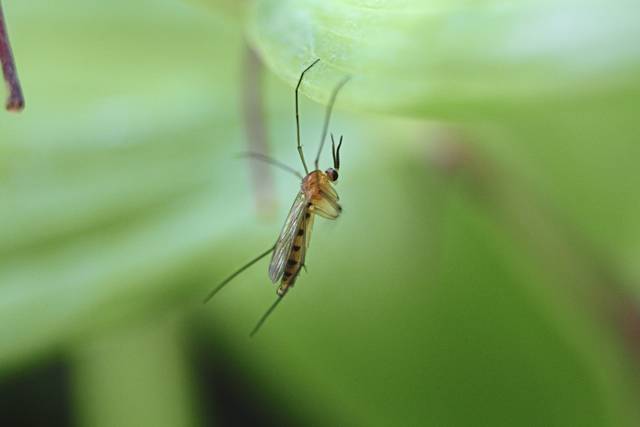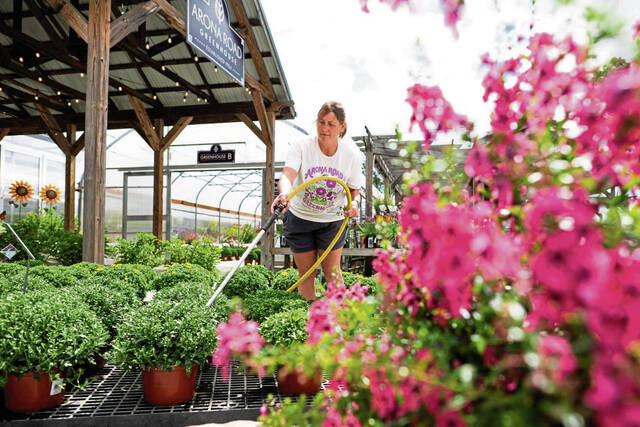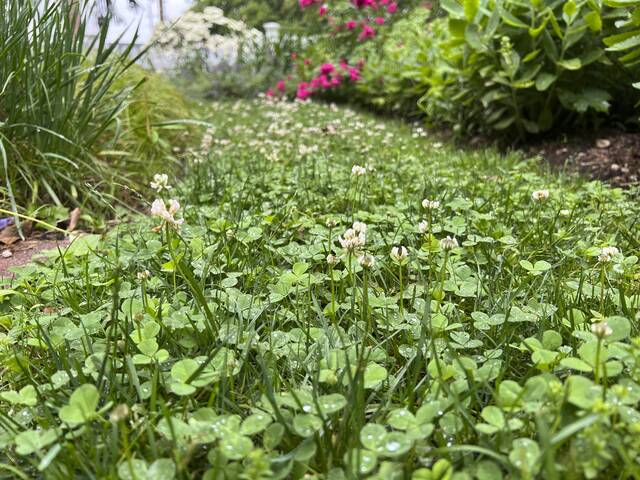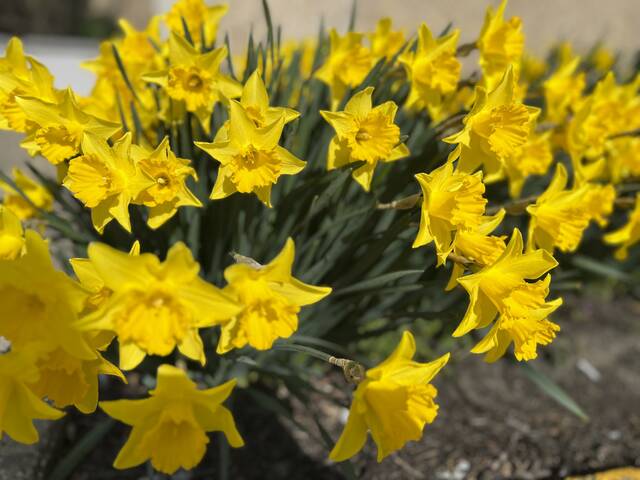Question: We had so many mosquitoes in our yard last summer. I’d like to know if there’s anything we can do in advance of the coming season to keep them away. I see there are companies that spray, but I don’t know what they spray and I’m sure that whatever it is isn’t safe for our dogs or granddaughter. Can you give us some ideas?
Answer: While mosquitoes can carry diseases such as West Nile virus, malaria and dengue fever, your chance of contracting most of these diseases here in Pennsylvania is pretty slim. Still, the itching and inflammatory response our body faces due to mosquito bites in and of itself is no fun. I do have some ideas for managing mosquito populations for the coming season, and none of them involve calling a company to come spray a chemical that is unnecessary and costly.
An adequate understanding of mosquitoes can lead to better, more effective and safer methods of control. There are more than 150 different mosquito species in North America, some of which are more problematic than others.
Mosquitoes are actually true flies. You might be surprised to hear they spend most of their time feeding on plant nectar, not mammalian blood. It’s only the female mosquitoes that need to supplement their nectar diet with the blood of animals or birds.
And, it’s only after breeding that a female mosquito requires a meal of blood. This meal provides the protein necessary for egg maturation.
After the eggs are fully developed, female mosquitoes lay eggs on the surface of stagnant water. Four to 14 days later the eggs hatch into wriggling larvae and begin to feed on water-dwelling microorganisms, including fungi, bacteria and algae.
Mosquito larvae pass through several life stages (called instars) before pupating into an adult. Depending on the species, adults can live anywhere from a few weeks to several months.
Here are my top tips for managing mosquitoes in the yard and garden:
1. You’ve probably heard this many times before, but controlling mosquitoes really starts with getting rid of standing water. Regularly empty and clean birdbaths, drain pot saucers and clean out clogged gutters whenever necessary.
2. Set up a pump in water features and fountains to provide constant circulation.
3. If you have a water barrel, treat it monthly with a “mosquito dunk” — a doughnut-shaped cake of the organic larvicide Bt (Bacillus thuringiensis var. israelensis).
4. Hang a bat house (each adult can eat several hundred mosquitoes every night).
5. Put up lots of birdhouses for chickadees, wrens, purple martins and other insectivorous species.
6. Encourage frogs, toads and dragonflies to take up residence by installing a buffer of tall grasses and native plants around ponds and streams.
7. And lastly, always protect your skin with repellents based on oil of lemon eucalyptus. These products are the only plant-based control recommended by the CDC. They’re safe, effective and 100% natural.
While there is no way to rid your yard of mosquitoes completely, there are many things you can do to limit their populations.
The key, of course, is to protect yourself and the ones you love by wearing an appropriate repellent, especially at dawn or dusk when mosquitoes are most active.








